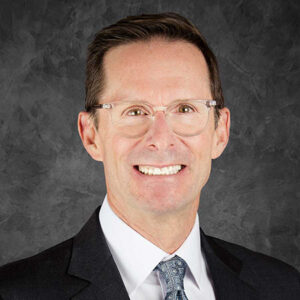

A “Great Wealth Transfer” is underway. During the next two decades, experts estimate that over $70 trillion of wealth will move from aging baby boomers to family, friends, and charities. Any nonprofit organization that doesn’t have a strong planned-giving program may be at a distinct disadvantage in capturing its fair share of these assets.
Development teams frequently spend much of their time creating and nurturing programs that focus on annual giving and capital campaigns, often at the expense of longer-term gifts. This is human nature—it’s easier to ask for funds today and receive them each year than it is to ask for funds and not realize the pledges for years or decades to come. A robust, focused, and disciplined planned-giving program can create true sustainability in any nonprofit organization dependent on philanthropy.
The Mercer Advisors Endowments and Foundations Group has distilled a large array of donor planned-giving options into three simple strategies that you, your development team, and your board can implement to help tap into boomers’ largesse.
- Use a tech-enabled platform such as FreeWill, which can help you establish or scale a planned-giving program. It works with organizations such as United Way and American Heart Association, as well as with local libraries and animal shelters. It helps your supporters with free online estate planning, places your organization in front of online will-makers, and provides expert-led training that encourages donors to think of you when they’re naming charities as beneficiaries.
- Encourage your donors to establish a donor-advised fund (DAF) that names your organization as a beneficiary of final grants of the account balance. Many donors already have a donor-advised fund, and with more than $49 billion distributed through DAFs in 2022, it’s a great way to receive annual gifts. When a donor passes away, the remainder of these funds can be quite consequential. Make sure your ongoing donor stewardship includes this ask.
- Leverage your professional relationships. Firms such as Mercer Advisors can provide a vast number of wealth management services because they have in-house estate planning attorneys, tax experts, and CERTIFIED FINANCIAL PLANNER® professionals. These professionals can guide you through the alphabet soup of CRATs, CRUTs, and more to help determine the most tax-optimized ways for donors to name your organization as a beneficiary, now or in the future.
A planned-giving program, by its nature, is intentional. Donors rarely leave bequests to charities that don’t cultivate them first, so use these strategies as a jumping-off point in the planned-giving journey. The road may be long, but the impact will be too.
Explore More

Beyond Grants: Using Program-Related Investments to Drive Mission Results
January 29, 2026
Women in Philanthropy: Expanding Leadership, Impact, and Global Giving
December 30, 2025
